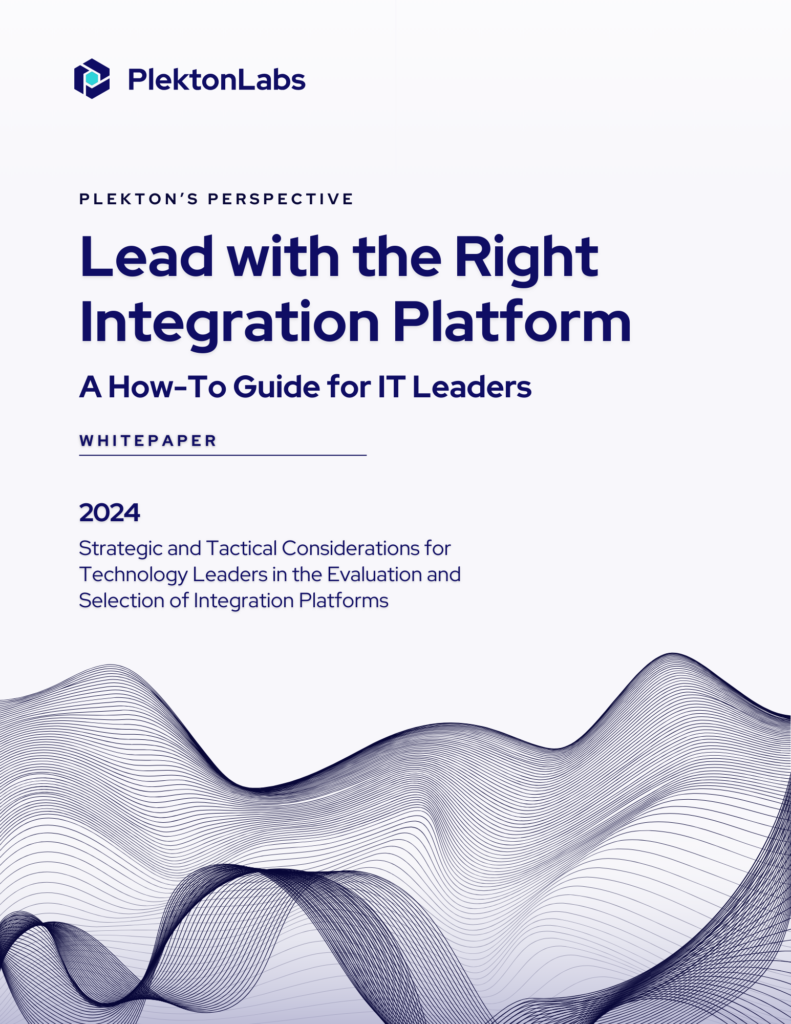When we think of performance management, we rarely consider data or data governance. But this line of thinking needs to change. For many businesses, keeping an eye on their data can solve many of their performance issues. Investing in data governance, and closely monitoring the data governance function in your organization, is necessary for accurate and timely performance management which is relevant to all areas of the business.
What Is Data Governance? Why Is It So Useful?
Data governance can be described as a set of policies, standards, or metrics that protect data assets and ensure that corporate data is reliable and accurate. Proper governance involves finding out where data comes from, whether it is correct, how it is analyzed, and where it is used.
But that’s not all. Governing data also determines who has control, authority, or ownership of corporate data and how organizations utilize their data assets.
No reliable data governance program is complete without the close involvement of upper management and executive members of an enterprise. It requires a team that oversees a vetting process and approves governance policies, while other teams monitor how data governance is carried out.
It is necessary because proper governance offers quality assurance. In other words, if the data used to make decisions and create business strategies is correct and reliable, it can provide favorable outcomes for the organization. Accessibility and trustworthy data are significant because it encourages a data-driven culture and provides a foundation for innovation and agility.
Why Your Business’s Data Needs Governance
There are many different ways to keep track of business performance. In fact, your organization most probably already has a performance management model in place— or at least utilizes KPIs to track dashboards and reports. Besides this, your business might use these results for future planning.
But this is just the beginning. Your current metrics may provide you with contradictory pieces of information, or half-truths. Because of this, many plans and strategies may fail. If your business doesn’t invest in data governance, fancy dashboards and metrics will not be of any use. Data doesn’t lie and will always point you in the right direction. That is why strong data governance always comes in handy.
Here’s a not-so-fun fact: According to Forbes, 84% of digital transformation initiatives in businesses are unsuccessful. A lot of this is because of bad data or flawed decisions made by relying on flawed data. Governance ensures that the data used by your enterprise is reliable and accurate and points you in the right direction.
Will Things Fall Apart Without Data Governance?
While a lack of data governance won’t cause a company-wide implosion, you will notice a couple of things going wrong. And a combination of these things, made worse with time, will definitely cost your business greatly in the future.
A lack of governance will result in your organization’s data piling into silos. Each department will collect data and just leave it there; unused and inaccessible. Siloed data means a disorganized and disconnected company-and this leads to poor decision-making and inconsistent business practices.
Without centralized governance, every piece of data becomes questionable. There isn’t much guarantee that the data you have is accurate and reliable. This makes it harder for employees to derive value from the data they do have access to.
In general, businesses with a strong governance plan have a more open culture with better employee accountability. Poor data governance has a correlation with poor business performance. If you know you can trust your data, managing the everyday business processes and operations become much easier.
Implementing Governance in Your Business
When developing performance procedures, business leaders need to involve stakeholders and employees across the company to define tactical metrics. Moreover, business leaders need to include considerations about data governance by participating in efforts to standardize terms related to metrics. Likewise, the business logic needed to calculate each metric must be unified across the enterprise.
Governance forums help synchronize all these different factors and connect cross-functional representatives across the business and IT/engineering. Although no two forums are the same, they are all meant to align relevant organizations across the business on the lexicon, metrics, or statistics.
They tend to be independent, non-profit platforms that encourage best practices of governance and share them among data-owning parties. They also have experts that can guide decision-makers on how best to leverage or protect data assets.
Proper mapping is also an important part of governance. You need to create detailed outlines regarding infrastructure, overall architecture, and the IT tools you have, and make them a part of your data governance framework.
The organization also needs a standardized set of definitions to make sure everyone is on the same page. After the business has agreed on the metrics, definitions, and business logic, engineering and IT teams can begin to design data models that will enable regular reporting and faster insights that require less manual handling. It is through engineering that the metrics, definitions, and calculations defined earlier are implemented and collected.
Identifying crucial data domains and elements is also important. You will need to focus on the most important ones and keep an eye on them as your company grows. At the same time, leveraging metrics by focusing on key data quality KPIs will show you whether your data governance strategy is improving business performance over time.
Final Thoughts
Performance management has an end goal is to remain competitive, and businesses must influence data to drive the metrics that will best involve the employees, clients, and stakeholders. Early and consistent investment in understanding how business leaders use data and manage metrics to drive performance can yield improved results. Strong data governance is the key and this needs an adjustment to your business culture and operation processes, driven by leadership alignment, open dialogue, and inter-departmental cooperation. Each function must regularly adapt to new forms of collaboration, learn to speak the same language, and invest and trust in a single source of information. In turn, data will give back and allow your business to perform well.





